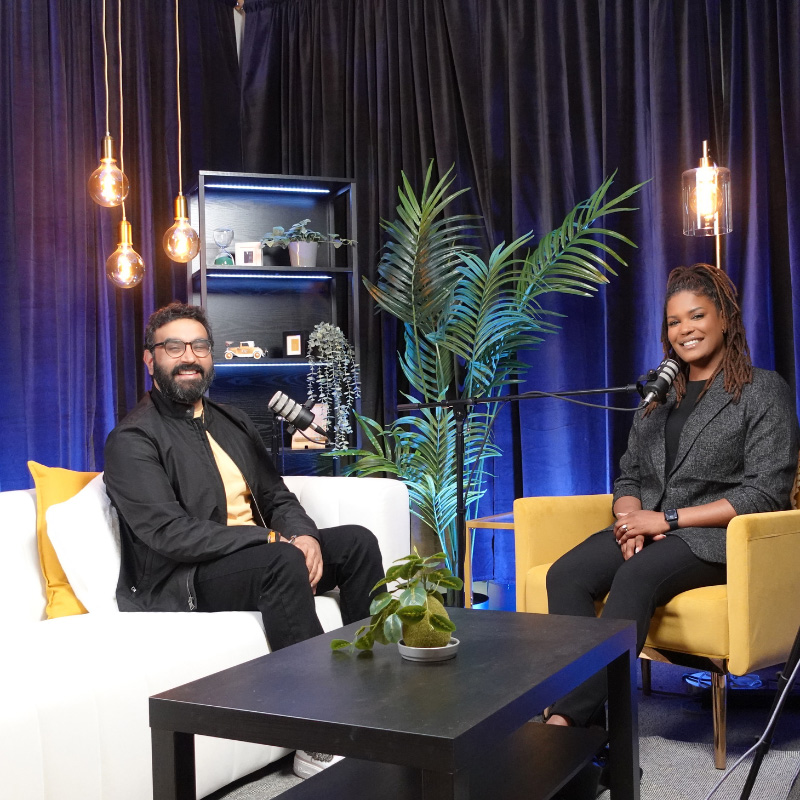Rohit Malhotra was raised in the Atlanta area by immigrant parents and has a deep-rooted connection to the city and a passion for equity. Ten years ago, he founded the Center for Civic Innovation (CCI), a policy organization dedicated to ensuring that "generations aren’t fighting the same fights that previous generations had to fight."
When the CCI was launched, Atlanta had just been named the most unequal city in the United States —a stark reality that shaped much of the organization's early work. Malhotra saw firsthand how flawed public policy can deeply impact individuals and families, particularly during times of crisis.
“Everyone is involved in public policy, whether you like it or not,” he explains. “If you're not involved in policy, policy is definitely involved in your life. It’s just a matter of whether you have the privilege to not depend on it.”
Malhotra emphasizes that public policy is only as effective as the people shaping it, which is why the CCI focuses on empowering both residents and community leaders to understand public policy and develop the tools to influence it. For Malhotra, it starts with asking the right questions—like, "How does Atlanta work?"
One way to answer that question lies in understanding the city’s Neighborhood Planning Unit System (NPU), a civic engagement structure established in 1974. This system divides Atlanta into 25 planning units, each representing a unique neighborhood. It serves as a foundational framework for local governance and community voice. Malhotra continues to shed light on where power lies in Atlanta’s government structure and how everyday residents can become drivers of change.
Tune in to the full episode to learn more about how the CCI is bridging the gap between Atlanta residents and the policies that shape their lives—and to gain a deeper understanding of how Atlanta truly works.
